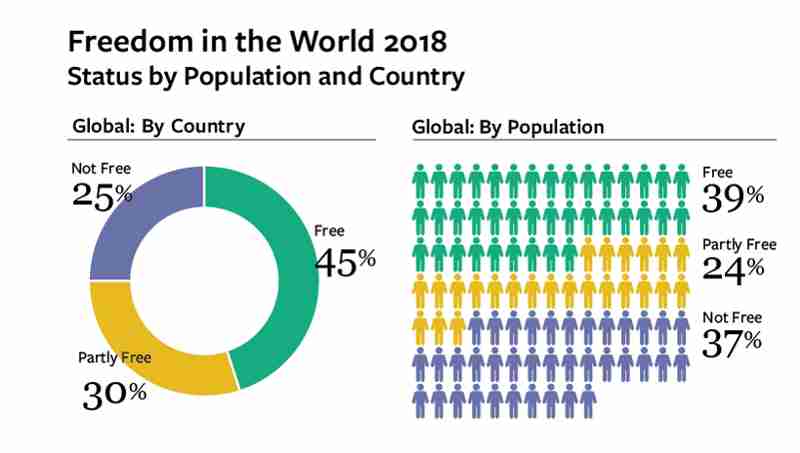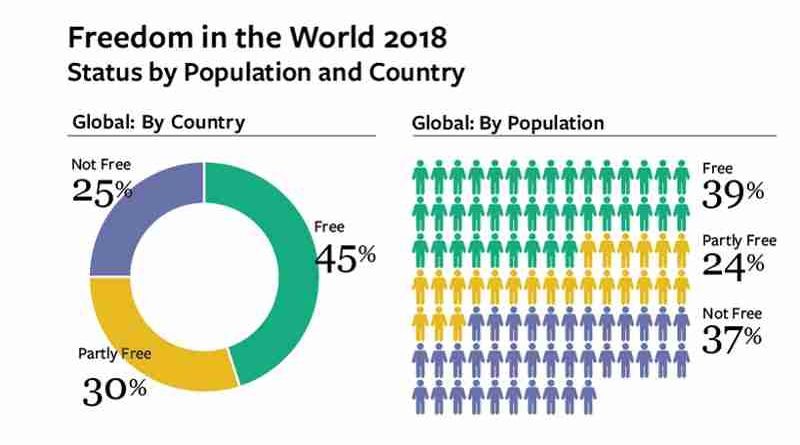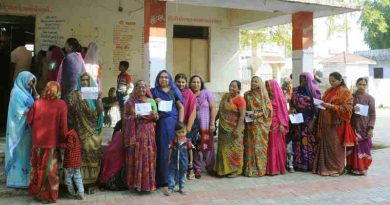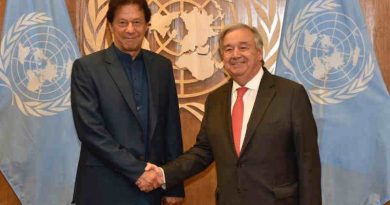Democracy in Crisis: Freedom in the World 2018 Report

Democracy is under assault and in retreat around the globe, a crisis that has intensified as America’s democratic standards erode at an accelerating pace, according to Freedom in the World 2018, the latest edition of the annual report on political rights and civil liberties, released by Freedom House.
The report finds that 2017 was the 12th consecutive year of decline in global freedom. Seventy-one countries suffered net declines in political rights and civil liberties in 2017, with only 35 registering gains.
Once-promising states such as Turkey, Venezuela, Poland, and Tunisia were among those experiencing declines in democratic standards. The recent democratic opening in Myanmar was permanently damaged by a shocking campaign of ethnic cleansing against the Rohingya minority.
[ Download the Consultative Paper: Need to Transform the Political System in India ]
“Democracy is facing its most serious crisis in decades,” said Michael J. Abramowitz, president of Freedom House. “Democracy’s basic tenets—including guarantees of free and fair elections, the rights of minorities, freedom of the press, and the rule of law—are under siege around the world.”
Freedom in the World 2018 reports on how China and Russia have taken advantage of the retreat of leading democracies both to increase repression at home and to export their malign influence to other countries. To maintain power, according to Freedom House, these autocratic regimes are acting beyond their borders to squelch open debate, pursue dissidents, and compromise rules-based institutions.
[ Are You Eligible to Contest the Lok Sabha Election 2019? ]
A major development of 2017 was the retreat of the United States as both a champion and an exemplar of democracy. While Freedom House has tracked a slow decline in political rights and civil liberties in the United States for the past seven years, the decline accelerated in 2017, owing to growing evidence of Russian interference in the 2016 elections, violations of basic ethical standards by the new administration, and a reduction in government transparency.
Although U.S. institutions like the press and the judiciary have remained resilient in the face of unprecedented attacks from President Trump, the attacks could ultimately leave them weakened, with serious implications for the health of U.S. democracy and America’s place in the world.
[ Should “Stable Genius” Trump Undergo Mental Health Test? ]
Meanwhile, the abdication of the traditional U.S. role as the leading champion of democracy is of deep concern and potential consequence in the ongoing struggle against modern authoritarians and their pernicious ideas.
“The core institutions of American democracy are being battered by an administration that has treated the country’s traditional checks and balances with disdain,” Abramowitz said.
“The Trump administration has made a sharp break from the political consensus of the last 70 years by casting aside democracy as the animating force behind American foreign policy,” Abramowitz added.
“The hastening withdrawal of the United States from its historical commitment to supporting democracy overseas makes the challenge posed by authoritarian regimes all the more powerful and threatening.”
In another significant development, Turkey moved from Partly Free to Not Free as President Recep Tayyip Erdoğan broadened and intensified the crackdown on his perceived opponents that began after a failed 2016 coup attempt, with dire consequences for Turkish citizens.
Over the period since the 12-year slide began in 2006, 113 countries have seen a net decline, and only 62 have experienced a net improvement.
Of the 195 countries assessed, 88 (45 percent) were rated Free, 58 (30 percent) Partly Free, and 49 (25 percent) Not Free.
Of the 49 countries designated as Not Free, the following 12 have the worst aggregate scores for political rights and civil liberties, earning less than 10 points on a 100-point scale (beginning with the least free): Syria, South Sudan, Eritrea, North Korea, Turkmenistan, Equatorial Guinea, Saudi Arabia, Somalia, Uzbekistan, Sudan, Central African Republic, and Libya.
To view the summary of findings, you can see the report here.
Freedom House is an independent watchdog organization that supports democratic change, monitors the status of freedom around the world, and advocates for democracy and human rights.





